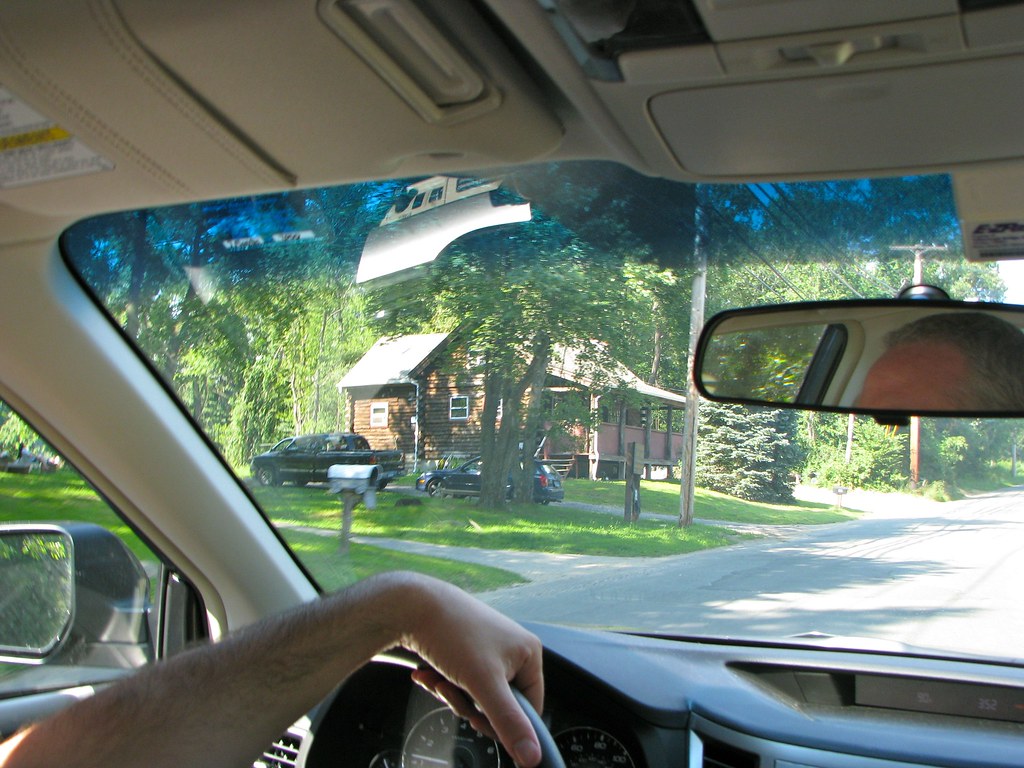What is the smallest tribe of Native Americans in the United States? It’s more difficult to answer than one might imagine. The definition varies. It could be based on population or territory as an example. I’ll look at both.
Recognition by the Federal government could add another dimension to the question. However, some State-recognized tribes do not meet Federal guidelines. Also, some groups have neither Federal nor State recognition and still consider themselves tribes regardless.
Even so, Federal recognition is very important. It confers eligibility to receive substantial services from the U.S. Bureau of Indian Affairs — the BIA. The Federal government recognized 565 tribes as of October 2010.
Augustine Band of Cahuilla Indians
The Cahuilla people migrated to inland Southern California, in the vicinity of the current city of Palm Springs and the Salton Sea. They have lived there for upwards of two millennia although they have dwindled to probably fewer than fifteen hundred members today due to outside pressures and intermarriages. The population split further into several distinct bands. The smallest of these bands, and the smallest of all Federally-recognized tribes is the “Augustine Band of Cahuilla Indians, California (formerly the Augustine Band of Cahuilla Mission Indians of the Augustine Reservation)”. Only 8 enrolled members existed as of 2002.
The Augustine Band maintains a small 20-acre reservation in Thermal, California, southeast of Palm Desert and south of Indio (map).
The Augustine Band almost went extinct. According to a January 4, 1998 article in the Press-Enterprise, a newspaper covering inland Southern California, the band had only 34 members at the formation of their reservation in 1891. They were down to 11 federally-enrolled members by 1951. The last of those, Roberta Augustine, passed away in the 1980’s. By then the reservation laid abandoned for decades but the BIA continued to hold the land in trust.
Reestablishment
Roberta had children, but she never enrolled any of them in the tribe. Her progeny had only the vaguest exposure to their Indian ancestry during childhood. A daughter, Mary Ann Martin, grew up primarily in the household of her African-American paternal grandmother. She didn’t reconnect with her Native American identity until she was an adult.
However she enrolled as a tribe member, thus re-forming it, and established a tribal government along with her two brothers (who passed away tragically a few years later). She also moved her family onto the reservation and reestablished it in 1996.
The entire tribe consisted of Mary Ann Martin, her children, and the surviving children of her brothers, when the casino opened in 2002. She was the only adult member of the tribe at that time.
Golden Hill Paugussetts
The Augustine Band has the fewest members but it occupies bountiful acreage compared to the most diminutive reservation. That distinction probably goes to the Golden Hill Paugussetts of Connecticut who have a quarter-acre reservation in Trumbull. The whittling down of their original domain followed an unfortunate and all-too-typical pattern of encroachment and broken promises.
I need to add a couple of caveats. First, while they’ve had State recognition since 1933 they do not have Federal recognition. The Golden Hill Paugussetts have sought that vital Federal stamp of approval for a number of years but it’s been denied by the BIA. Second, there are two sub-groupings of Golden Hill Paugussetts; the other one occupies 106 acres in Colchester, CT. You might reconsider the legitimacy of this “smallest” reservation if either of those caveats bothers you.
The Reservation
Behold this photo I took of the reservation. That’s pretty much it, just that cabin and a little plot of land around it:

The Intertubes contain many references to the 1/4 acre reservation in Trumbull. Only one of them, as far as I can tell, provides an actual street address. I will spare you the details of the circuitous route I took to uncover it but I will note that I used a really poor map from the BIA to narrow down the spot to a neighborhood, then a series of articles in the Bridgeport Post from 1976 to learn the street name, and finally the Town of Trumbull website for the actual address. It received a single mention in the Minutes of the Water Control Authority, Town of Trumbull, CT, December 15, 2010: “427 Shelton Road — Remove tree $2041.25: Fred Mascia explained the tree is located on the Indian Reservation. The tree warden and DEP were on the site and approved the removal.” (map)
If Federally-recognized reservations are a consideration, Wikipedia says the two smallest are “the Seminole Trust Land in Broward County, Florida at 0.005175 km² (1.2788 acres), and the Likely Rancheria in Modoc County, California at 0.006236 km² (1.5409 acres).” Those are five and six times larger than the Golden Hill reservation in Trumbull, respectively.
I can’t believe I spent two hours trying to find that street address last night. The things I do to deliver quality geo-oddity knowledge to the deserving 12MC audience.

Leave a Reply